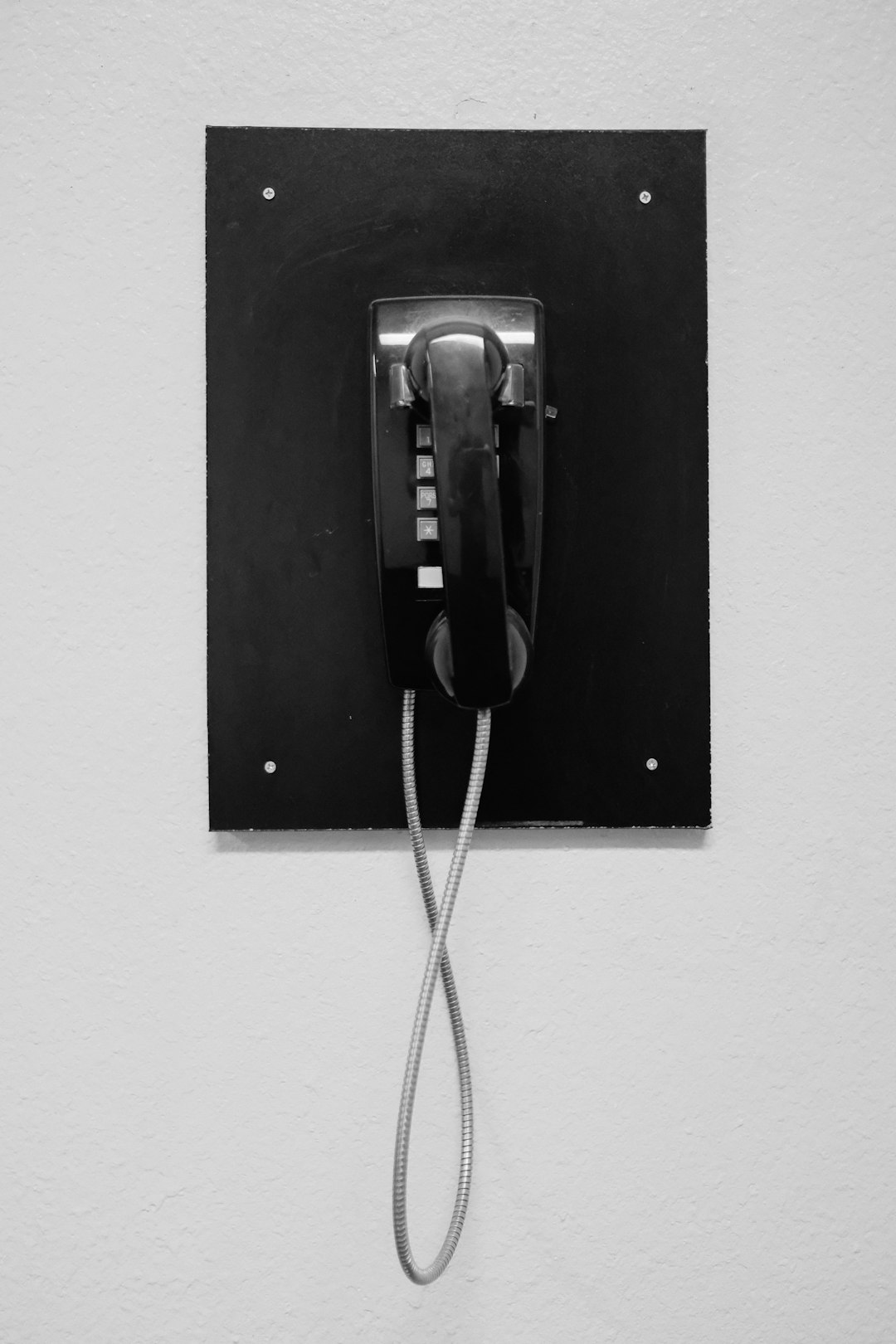Spam calls are a common problem in Pennsylvania, requiring informed vigilance. Register your number on the National Do Not Call Registry and use anti-spam call apps to reduce unwanted calls. Protect yourself by keeping numbers private, limiting contact info sharing, and using dedicated lines for important communications. These strategies empower Pennsylvanians to reclaim control of their communication channels from spam callers.
Tired of incessant spam calls on your Harrisburg, PA phone? Understand how scammers target you and learn effective countermeasures. First, register your number with the National Do Not Call Registry. Then, download anti-spam apps for robust protection. Additionally, implement simple measures like blocking unknown numbers and using call identification services. By combining these strategies, you can significantly reduce unwanted calls in the Keystone State.
Understand Common Spam Call Tactics in Pennsylvania

Spam calls can be a persistent and frustrating issue, especially as scammers become increasingly sophisticated in their tactics. In Pennsylvania, common methods used by spammers include pre-recorded messages, automated voice systems, or live agents calling from hidden numbers. They often target areas with high populations, like Harrisburg, hoping to catch unsuspecting individuals.
To Stop Spam Calls Pennsylvania, it’s important to stay informed about these strategies. Be wary of unexpected calls, especially those demanding personal information or threatening urgent actions. Remember, legitimate organizations typically don’t contact you out of the blue via phone. By understanding these tactics, you can better protect yourself and take proactive measures to minimize unwanted calls.
Verify and Register Your Phone Number with the National Do Not Call Registry

One effective step to curb spam calls on your Harrisburg, PA phone is registering your number with the National Do Not Call Registry. This federal database helps prevent telemarketers from calling your number. You can register online or by phone. Once registered, it’s crucial to keep your number private and avoid sharing it publicly to ensure maximum protection against unwanted calls.
Remember that while the Do Not Call Registry is a robust tool, it may not block all spam calls as some organizations use automated systems that bypass such lists. Nonetheless, it’s a significant first step in How to Stop Spam Calls Pennsylvania and can significantly reduce the volume of unsolicited calls you receive.
Download and Utilize Anti-Spam Call Apps for Extra Protection

In addition to adjusting your phone settings, downloading anti-spam call apps is another effective strategy for How to Stop Spam Calls Pennsylvania. These apps use advanced technology to identify and block unwanted calls, providing an extra layer of protection. Many reputable options are available in the App Store or Google Play, each with unique features like call filtering, blocking lists, and real-time spam detection.
Integrate these apps seamlessly into your phone’s security system for comprehensive protection against relentless spam callers. Regular updates and user feedback ensure that these applications stay ahead of evolving spamming techniques, offering peace of mind in a world saturated with unwanted calls.
Implement Additional Measures to Reduce Unwanted Calls

In addition to installing a spam call blocker app, there are several other strategies you can employ in Harrisburg, PA to significantly reduce unwanted calls. One effective method is to register your phone number on the National Do Not Call Registry. This federal database restricts telemarketers from calling landlines and cell phones for promotional purposes.
Regularly review and update your privacy settings on social media platforms and other online accounts. Many spammers gain access to contact details through these channels. Limiting the information you share publicly can make it harder for scammers to target you. Also, consider using a dedicated phone line for important communications, keeping personal numbers private, and being cautious when sharing your contact info online or over the phone.






